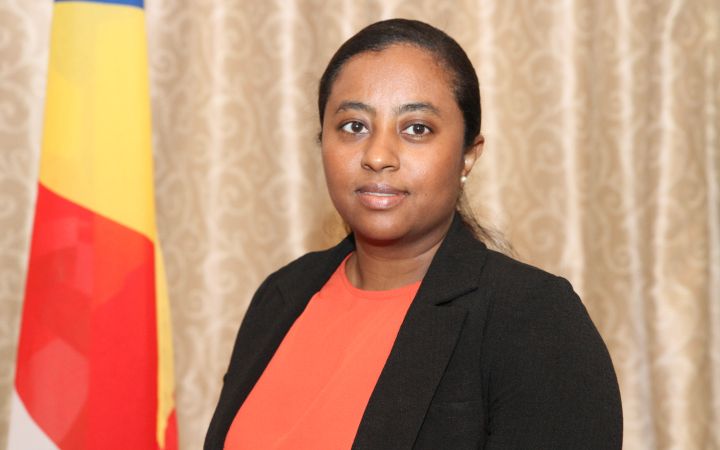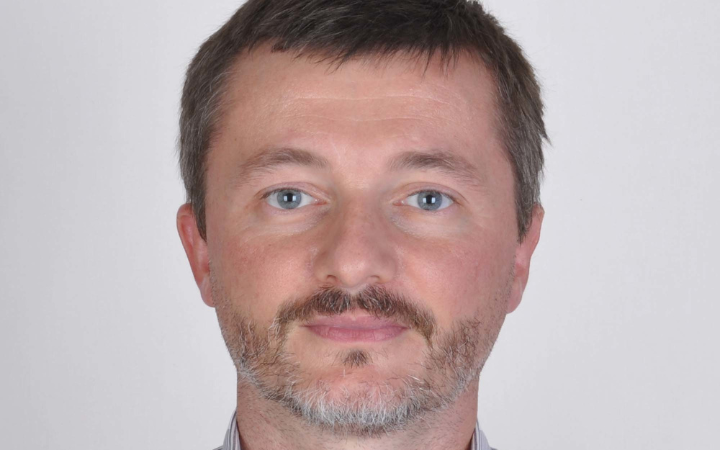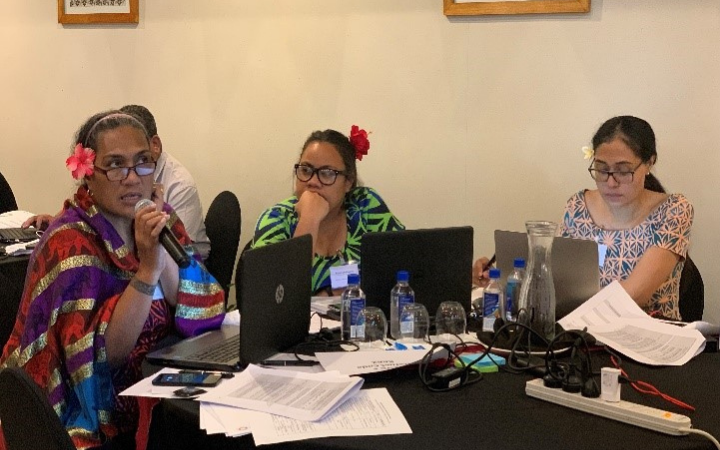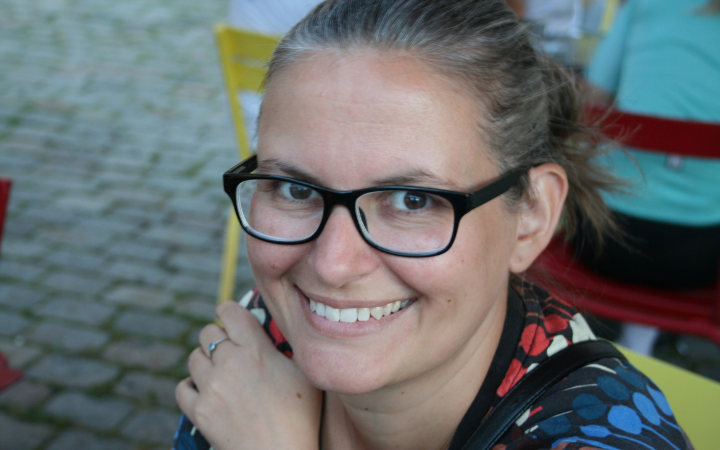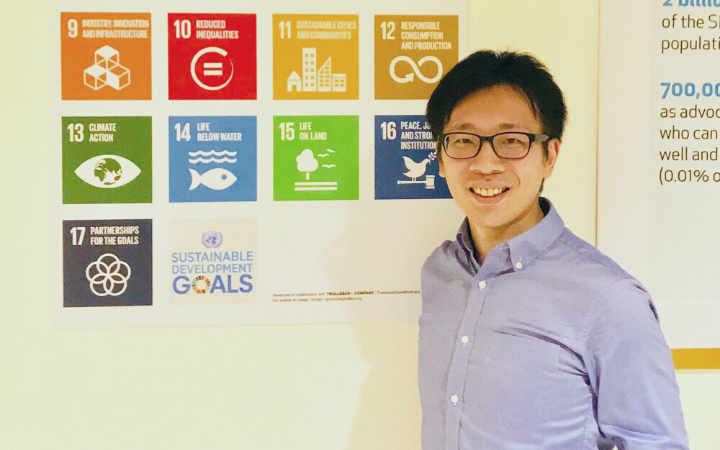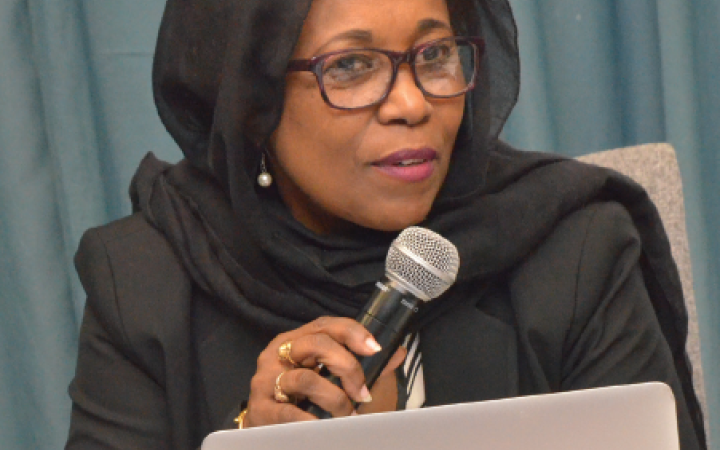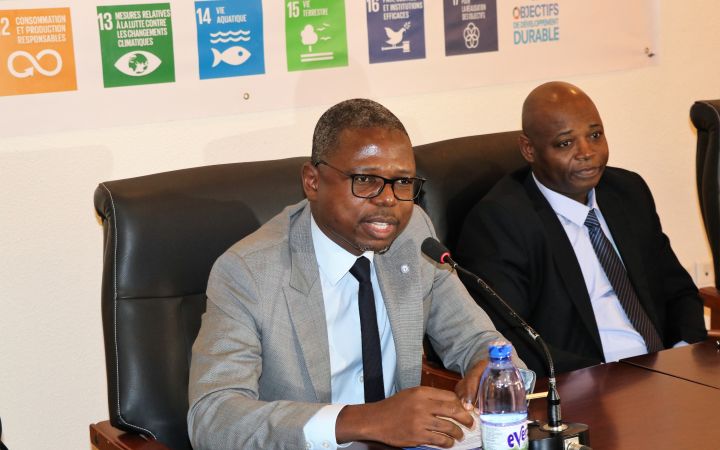Displaying 1 - 10 of 14
In a world of rapid change and complex challenges, governments are increasingly recognizing the need to think ahead, plan better, and work together. The Ministry of Finance, National Planning and Trade of Seychelles realized the potential of strategic foresight and systems thinking for adopting a more integrated approach to strategic planning. What started as a collaboration between the government of Seychelles, the Resident Coordinator Office (RCO) for Mauritius and Seychelles in 2022, the United Nations Department of Economic and Social Affairs (UN DESA), and UNITAR, is gradually evolving into a way of working for the Ministry.
We know that, globally, women hold over one-third of seats in local decision-making bodies.xxvii However, there is a lack of data on the participation of indigenous women in local decision-making. Merlyn, a research and data analyst at the Learning Planet Institute (University of Paris Cité), knows this issue first-hand. In Colombia, there are around two million indigenous peoples, according to the 2018 Census (IWGIA). However, their inclusion in decision-making processes remains limited, especially for women.
Solomon is pursuing a Bachelor’s in Psychology at the University of Ibadan, Nigeria, and nurturing his tech savviness by exploring different projects outside his field of studies. He has always been interested in learning more about the interaction between humans and the environment, including how humans experience climate change. This made him keen to join the Donate Water team during the GEAR Cycle II of the Crowd4SDG project that focused on Gender Equality (SDG 5) and Climate Change (SDG 13). With support from coaches and the project’s partner organizations, the Donate Water team has moved their project forward to advance information on access to clean water in the South of Nigeria.
"Government officials were able to see the complexity and the integrated nature of all sectors. How, for instance, a change in tourism policies affects environmental policies, food production policies and so on. It also gave insights into the positive impact of fine-tuning some policies."
National ownership to monitor and achieve the SDGs is at the heart of the 2030 Agenda. However, many National Statistical Offices (NSO) face challenges in monitoring and reviewing the implementation of the SDGs. These challenges include the complexity of measuring certain problems and building relevant indicators, limited statistical capacity to monitor identified indicators, the lack of tools to facilitate the use of available information, and coordination difficulties experienced by stakeholders in producing, storing, and using the data, to name just a few.
"The work on this course has been a very practical level of collaboration linked to the network and as a result, we have also started looking into developing microlearning on statistics.”
With the hackathon, Enas became more inspired to continue promoting healthier lifestyles and cities’ renaturalization with her students. She has replicated some of the methodologies from the hackathon in her classes.
During the course, we talked often amongst the other participants of the ELPE. Before the ELPE, I didn’t think about SDG evaluation. Gradually, with my colleagues in the class we exchanged our knowledge and opinions. It was very effective to talk with the other colleagues from all over [the world]. We shared knowledge, and I was inspired, so I decided to start the SDG evaluation in Japan. They are also working on the SDG evaluation in their [respective] countries.
Further to the adoption of the 2030 Agenda in September 2015, two rounds of Voluntary National Reviews (VNRs) of its implementation have taken place at the global level in July 2016 and July 2017 in the context of the High-level Political Forum (HLPF) on Sustainable Development.
Achieving the SDGs requires national ownership. This workshop, which is undoubtedly the beginning of a training process for civil servants, will facilitate the implementation of the SDGs in Togo.


